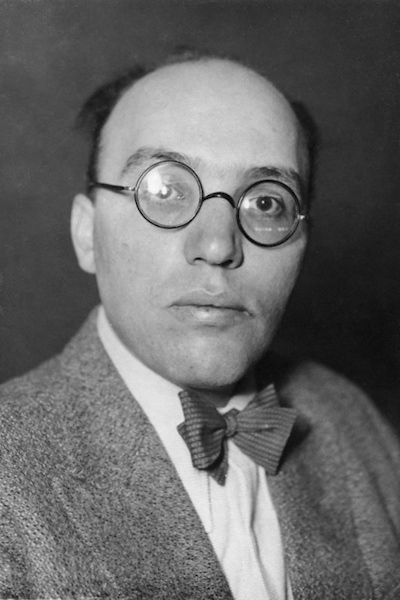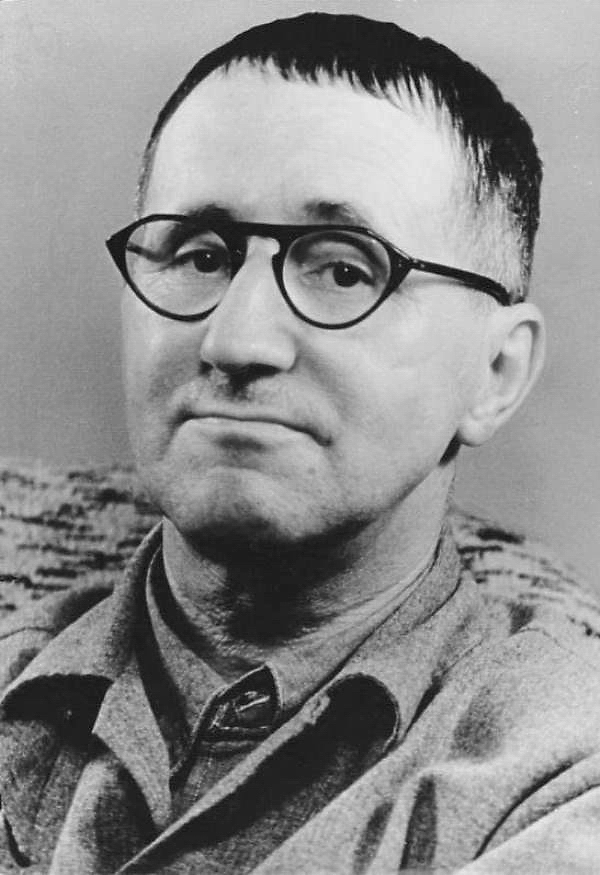Weill - Die Dreigroschenoper
Théâtre des Champs Elysées, Paris, Thursday October 27 2016.
Musical direction: Hans-Jörn Brandenburg, Stefan Rager. Production, sets and lighting: Robert Wilson. Costumes: Jacques Reynaud. Lighting: Andreas Fuchs, Ulrich Eh. J. J. Peachum: Jürgen Holtz. Celia Peachum: Traute Hoess. Polly Peachum: Johanna Griebel. Macheath: Christopher Nell. Tiger Brown: Axel Werner. Lucy Brown: Friederike Nölting. Jenny: Angela Winkler. Filch: Georgios Tsivanoglou. Walter: Luca Schaub. Matthias: Martin Schneider. Jakob: Boris Jacoby. Bob: Winfried Peter Goos. Jimmy: Raphael Dwinger. Ede: Jörg Thieme. Smith: Uli Pleßmann. Kimball: Michael Kinkel. Betty: Anke Engelsmann. Old prostitute: Ursula Höpfner-Tabori. Vixen: Marina Senckel. Dolly: Claudia Burckhardt. Molly: Gabriele Völsch. Messenger: Gerd Kunath. Voice: Walter Schmidinger. Das Dreigroschenoper Orchester.
Bob Wilson is often criticised or mocked for supposedly always doing the same thing: “Pharaohs in profile against a blue background,” as Le Figaro put it recently - for predictable, static, hieratic, monotonous, monochrome productions, though always beautifully lit. Personally, while I do see that some of his work – the Gluck series, perhaps – is plain and, OK, samey, my experience over the years has been of a fair amount of variety. And this criticism neglects what ought to please “Eurotrash” haters, i.e. that Wilson generally tells the story as it is written, often quite entertainingly – his Ring had quite a bit of wide-eyed wit. His sense of humour is rarely mentioned, but in my view it’s in works involving fun, or at least wry humour, that Wilson is at his liveliest best: Les Fables de La Fontaine or L’incoronazione di Poppea, for example, and now (now for me, that is: the production dates back to 2007) Die Dreigroschenoper.
As far as I’m concerned, this was a near perfect production of the kind it's a rare privilege to witness and a work of undeniable genius, successfully blending Weimar and Neue Sachlichkeit, Punch and Judy, silent film, The Addams Family, cartoons and Nô (and no doubt other influences I was too ignorant to pick up) into a single, coherent and absolutely convincing universe, with a gallery or parade of amiable reprobates at once caricatures yet real, or even more than plain real: larger than life.
Do his actors have striking features or is it the extravagant makeup, or is it a bit of both? Each has his or her own gestures and mannerisms and these are, as usual when Bob Wilson is on form, practised to a tee and meaningful right down to the last glance, tic or curl of the lip. You wonder, as you marvel at the result, how the cast manage it. The result is to create powerful, distinct individual characters, even among the supporting roles, that remain branded into your mind’s eye days after the show.
Among the most memorably charismatic: Jürgen Holz (now 84) as an authoritative Peachum; the charming, vague but smiling Jenny of Angela Winkler (famous, I learnt from a review, for her work with director Schlöndorff in the 70s); Johanna Griebel's bright, blinking, Betty-Boop Polly; the truly extraordinary Axel Werner as a giant, sardonic Tiger Brown; and most charismatic of all – against all odds you might say, in blond Marcel waves and orange lipstick - Christopher Nell, au unexpectedly young, slender, slinky, ambiguous but totally seductive Macheath.
The staging was largely black on black: impeccable, mostly black, Weimar-era costumes, some white dresses, black, white and grey make-up, a few props deftly handled, and, as usual, superb lighting: grids of white Dan Flavin tubes, circles of orange dots, pale, shimmering, subtly shaded backdrops with extras dashing across in silhouette. The brothel scene, with its assorted whores, all ages, shapes and sizes, Macheath, dressed up to the nines in black velvet and smoking a large (real) cigar, a few industrial light fittings hanging down and a few red bars across the floor, was especially magnificent.
The musical style was pure Berliner Ensemble, though "pure" may not be the right word for such rowdy, raucous, sometimes wonderfully ropey singing and playing. This was a great, great show and I don't feel I can do it justice. The best thing I've seen, in fact, since Einstein on the Beach – and that was Wilson as well!
A snippet from Maestro Wenarto.
Musical direction: Hans-Jörn Brandenburg, Stefan Rager. Production, sets and lighting: Robert Wilson. Costumes: Jacques Reynaud. Lighting: Andreas Fuchs, Ulrich Eh. J. J. Peachum: Jürgen Holtz. Celia Peachum: Traute Hoess. Polly Peachum: Johanna Griebel. Macheath: Christopher Nell. Tiger Brown: Axel Werner. Lucy Brown: Friederike Nölting. Jenny: Angela Winkler. Filch: Georgios Tsivanoglou. Walter: Luca Schaub. Matthias: Martin Schneider. Jakob: Boris Jacoby. Bob: Winfried Peter Goos. Jimmy: Raphael Dwinger. Ede: Jörg Thieme. Smith: Uli Pleßmann. Kimball: Michael Kinkel. Betty: Anke Engelsmann. Old prostitute: Ursula Höpfner-Tabori. Vixen: Marina Senckel. Dolly: Claudia Burckhardt. Molly: Gabriele Völsch. Messenger: Gerd Kunath. Voice: Walter Schmidinger. Das Dreigroschenoper Orchester.
 |
| Weill |
As far as I’m concerned, this was a near perfect production of the kind it's a rare privilege to witness and a work of undeniable genius, successfully blending Weimar and Neue Sachlichkeit, Punch and Judy, silent film, The Addams Family, cartoons and Nô (and no doubt other influences I was too ignorant to pick up) into a single, coherent and absolutely convincing universe, with a gallery or parade of amiable reprobates at once caricatures yet real, or even more than plain real: larger than life.
 |
| Brecht |
Among the most memorably charismatic: Jürgen Holz (now 84) as an authoritative Peachum; the charming, vague but smiling Jenny of Angela Winkler (famous, I learnt from a review, for her work with director Schlöndorff in the 70s); Johanna Griebel's bright, blinking, Betty-Boop Polly; the truly extraordinary Axel Werner as a giant, sardonic Tiger Brown; and most charismatic of all – against all odds you might say, in blond Marcel waves and orange lipstick - Christopher Nell, au unexpectedly young, slender, slinky, ambiguous but totally seductive Macheath.
The staging was largely black on black: impeccable, mostly black, Weimar-era costumes, some white dresses, black, white and grey make-up, a few props deftly handled, and, as usual, superb lighting: grids of white Dan Flavin tubes, circles of orange dots, pale, shimmering, subtly shaded backdrops with extras dashing across in silhouette. The brothel scene, with its assorted whores, all ages, shapes and sizes, Macheath, dressed up to the nines in black velvet and smoking a large (real) cigar, a few industrial light fittings hanging down and a few red bars across the floor, was especially magnificent.
The musical style was pure Berliner Ensemble, though "pure" may not be the right word for such rowdy, raucous, sometimes wonderfully ropey singing and playing. This was a great, great show and I don't feel I can do it justice. The best thing I've seen, in fact, since Einstein on the Beach – and that was Wilson as well!
A snippet from Maestro Wenarto.
_Brecht_Dreigroschenoper.jpg?1477996377080)



Comments
Post a Comment